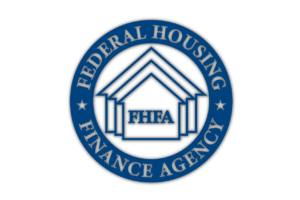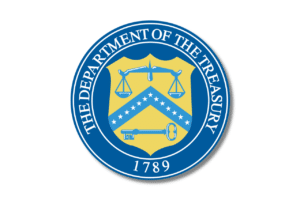Federal / Agency News

FHFA Authorizes More than $1 Billion to NHTF, CMF
The Federal Housing Finance Agency (FHFA) announced the authorization of more than $1 billion in affordable housing allocations to Fannie Mae and Freddie Mac, the largest disbursement in history. HUD’s National Housing Trust Fund (NHTF) will receive $711 million and the Department of the Treasury’s Capital Magnet Fund (CMF) will receive $383 million.

U.S. District Court Rules ROFR Not Triggered
The U.S. District Court for the Eastern District of Michigan released a new opinion in the matter of SunAmerica Housing Fund 1050 v. Pathway of Pontiac Inc. et al. The court ruled that, in the absence of language otherwise, the right of first refusal (ROFR) was a classic ROFR under Michigan law and common law, requiring intent on the part of the LIHTC partnership to sell its property interest.

HUD’s MAP Guide Industry Briefings
HUD announced two additional webinars in its Multifamily Accelerated Processing Guide (MAP) guide series.

Blumenauer Introduces Legislation to Reinstate, Increase Non-Historic Credit
Rep. Earl Blumenauer (D-OR) reintroduced legislation to reinstate the non-historic Historic Rehabilitation Tax Credit (HTC) as a 15 percent credit.

Sunshine Forever Act Would Extend Federal ITC for Ten Years at 30 Percent
Rep. Charlie Crist (D-FL) introduced legislation that would extend the renewable energy Investment Tax Credit (ITC) for ten years at a 30 percent rate.

CFPB Report Says 11 Million Families Face Eviction Risk
The Consumer Financial Protection Bureau (CFPB) issued a report March 1 warning of more than 11 million families facing losing their housing due to evictions and foreclosures once federal, state and local pandemic protections come to an end unless additional public and private actions are taken.

Robinson Cole’s Jerome Garciano Updates Green Tax Incentive Compendium
Robinson Cole published its updated Green Tax Incentive Compendium. This volume presents federal and state tax incentives promoting the renewable energy and energy efficiency industries.

HUD Data Shows 60 Percent of LIHTC Households Earn Less Than 30 Percent of AMI
New data from HUD shows that 57.6 percent of residents in LIHTC properties earn at or below 30 percent of the area median income (AMI). The tenant-level data on people who live in LIHTC properties, including race, ethnicity, family composition, age and other factors. Starting this year, HUD released a document with background on the […]

Treasury Updates Emergency Rental Assistance FAQ
The U.S. Department of the Treasury released an updated frequently asked questions (FAQ) for the Emergency Rental Assistance (ERA) program established by the Consolidated Appropriations Act (CAA) of 2021 that incorporates many changes called for by affordable housing trade associations.

HUD Withdraws Trump-Era Fair Housing Appeal, Acts to Prevent Gender Identity and Sexual Orientation Discrimination
The Department of Justice recently withdrew the Trump-era HUD appeal in Massachusetts Fair Housing Center v. HUD – a case that challenges the 2020 disparate impact rule, which limited plaintiffs’ ability to bring disparate impact claims.

HUD Announces More Key Staff
HUD named the following new staff appointments: Jim Crawford, Special Assistant to the Deputy Secretary, Office of the Deputy Secretary; Lopa Kolluri, Principal Deputy Assistant Secretary for Housing, Department of Housing/Federal Housing Administration; and Gina Metrakas, Senior Advisor for Executive Orders and Executive Actions, Office of the Secretary.

CBPP Estimates Emergency Rental Assistance Could Serve 4-6 Million Renters
A report from the Center on Budget and Policy Priorities (CBPP) estimates that the $25 billion of emergency rental assistance allocated at the end of 2020, combined with the additional $25 billion in rental assistance proposed in the House COVID-19 relief bill, would assist four to six million low-income households.